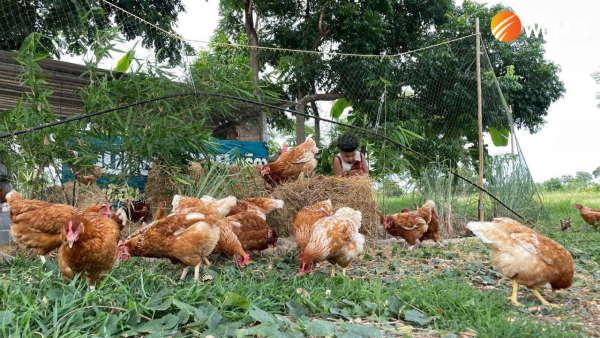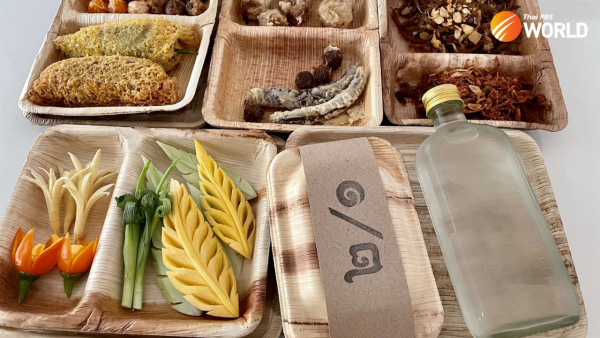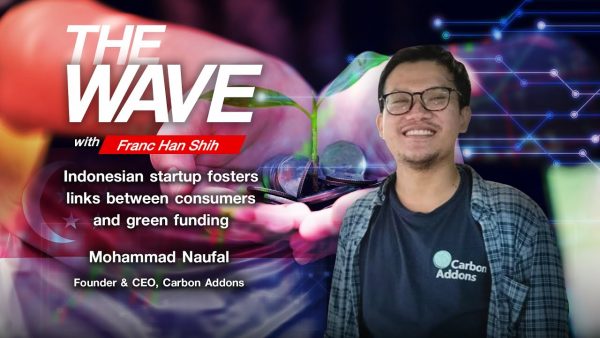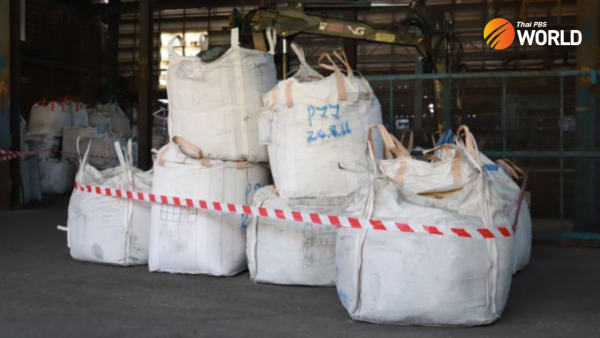Consumers more ethical despite the pandemic

From edible items to residential units, consumers are increasingly concerned about their health and Mother Nature.
Chuleeporn Yamnil is raising 56 chickens on her farm in Chainat province. These are not battery hens but are free to roam around the land, pecking at seeds and grasses and generally living a relaxed life. Little wonder then that they produce such great-tasting eggs. So much so in fact that Chuleeporn wanted to share them both with her neighbors and with her friends in Bangkok. Today, the eggs from Baan Rai Ninchana are much in demand and disappear within minutes of being made available.
Producing healthy food for the family was one of the reasons why Chuleeporn and her husband bought the farm two years ago. A firm believer in the sufficiency economy, she produces enough for her own needs and sells whatever is left to her neighbors, many of whom are now regular customers.
Her eco-friendly project began before the pandemic but since COVID-19 struck, more and more consumers have become health-conscious as well as more friendly towards the environment.
Chanchai Chaiprasit, CEO of PwC Thailand Co, said the pandemic has prompted Thais to pay attention to Environmental, Social, and Corporate Governance or ESG and support organizations or businesses that take ESG seriously.
“COVID-19 has further motivated Thai people to pay close attention to consumer products. This is driving business operators and manufacturers to integrate corporate social responsibility in their activities and be more environmentally friendly in their policies,” he said.

Eco-conscious matters
That recognition of the need to care for the environment has resulted in organic vegetables and eggs from free-range chickens such as those from Baan Rai Ninchana becoming increasingly popular among a certain group of customers. A recent “Global Consumer Insights Pulse Survey” by PwC shows 76% of Thai consumers want to buy products in either eco-friendly packages or that use the least packaging. That’s up by 2% from a similar survey conducted in March and 78% of the respondents also say they only buy products from companies committed to social responsibility and environmental protection, up from 77% in March.
“People are willing to pay a bit more for products that help lessen environmental and social problems. It’s different from the past when price dictated purchase,” said Chanchai.

Under an eco-friendly “roof”
Kamolpat Swaengkit, Country Manager of DDproperty, said sustainable development is key to the lifestyle of today’s consumers. Everyone has become more aware of their impact on the environment, and therefore the business sector has to follow this trend and make the necessary adjustments. “And the property market is no exception,” she said.
The pandemic has greatly affected the property market. According to the Thailand Consumer Sentiment Study entitled “the COVID-19 Situation Affecting Property-Related Decisions”, 3 in 4 Thais have delayed their property purchase due to the outbreak. However, DDProperty foresees a demand for housing that responds to eco-trends.
“Over 9 in 10 consumers (or 93%) value sustainable living. They want a home that is kind to the environment that also provides a place to relax. The ideal house must come with an environmentally friendly design concept to ensure long-term sustainability of living,” she said.
The arrival of COVID-19 led to employees working from home. Living, working, and relaxing under the same roof amplifies the need for more space to accommodate this. The work from home trend has called for more space and economic living,” she said.
The WFH living style has encouraged more people to choose residential units with a solar rooftop so that they can reduce electricity costs. Sixty-two percent of people said they prefer houses/condominiums with solar cell rooftops, 58% of them also want houses with a heat circulation system, and 48% demand houses with shields for toxins or pollutants from outside.
Consumers are clearly embracing new trends to save the Earth and this is reflected in the demand for electric cars as well as “greener” houses. According to Krungthai COMPASS, the electric vehicle market is growing by 23.7% per annum, and by the year 2028, Thailand will see one million electric vehicles on its roads.
By Veena Thoopkrajae
Farming together: A farmer in Phetchaburi offers a farm-sharing experience to casual gardeners
August 26, 2021 Love growing plant s , but don’t have enough time or sufficient space? Get ting out of the city Some like only curly kale on their land while other s are happy with morning glory and eggplant. ” Cu st o mers want to know where their food comes from,” says Bua.






